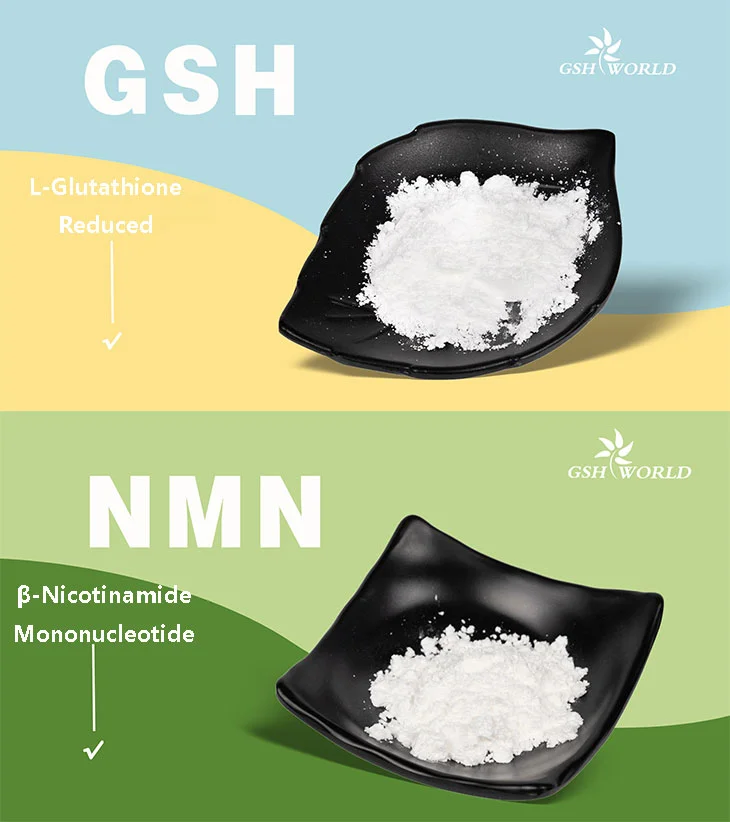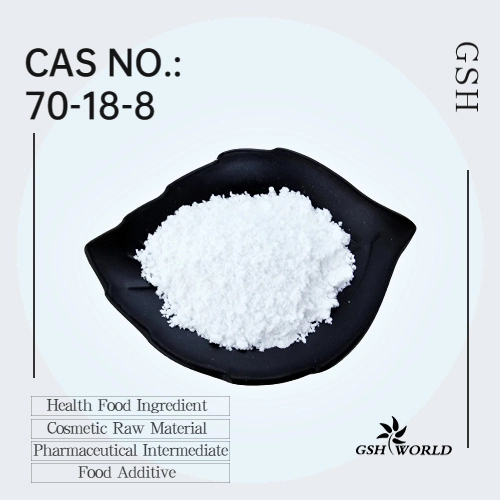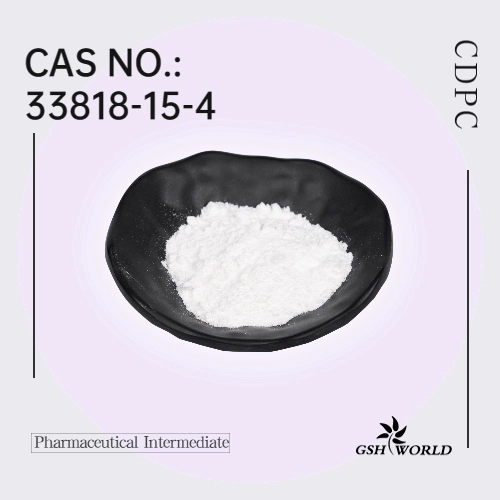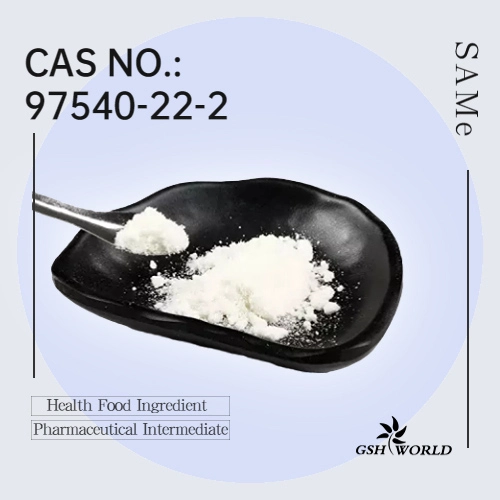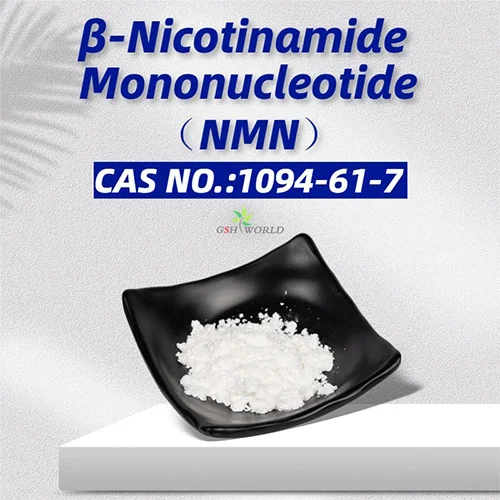Safety and development potential of NMN
Nicotinamide Mononucleotide (NMN) is an important intermediate in the synthesis of coenzyme I (NAD+) in the human body.
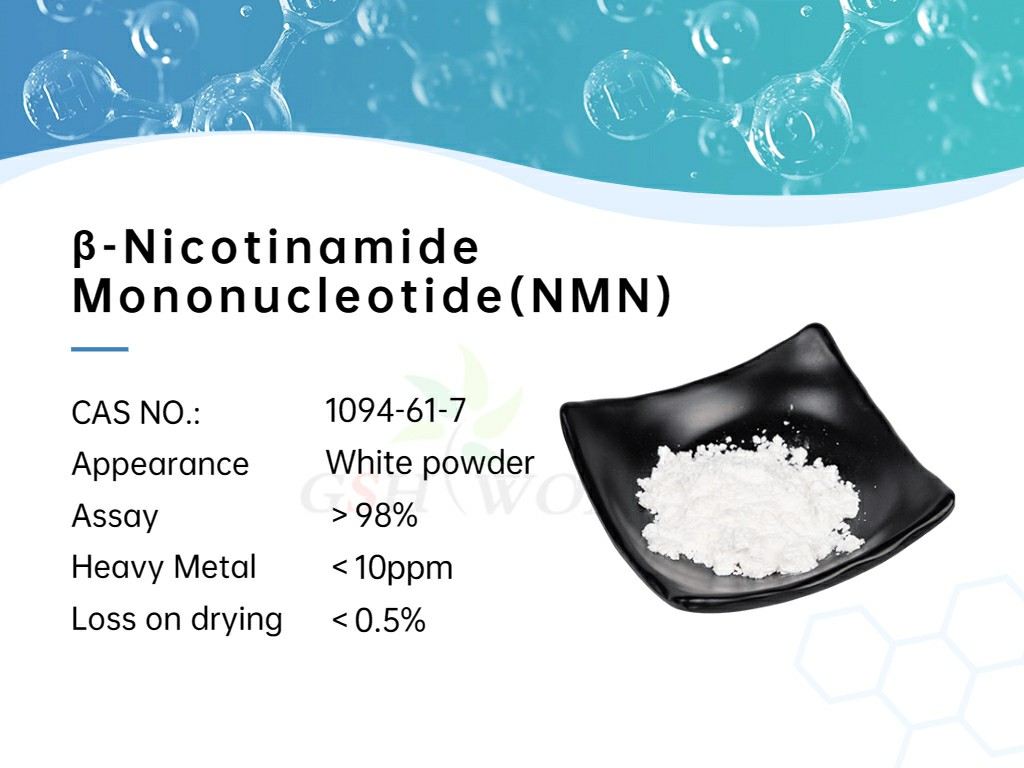
NAD+ is an important coenzyme in the human body and participates in many biocatalytic reactions. A large number of studies have confirmed that NAD+ is involved in a series of biochemical reactions such as cellular energy metabolism, reducing substance synthesis, cell signal transduction, gene expression, and cell death. A large number of studies have found that NAD+ plays an important role in key metabolic pathways and has a certain regulatory effect on human aging.
On the one hand, NAD+ plays a core regulatory role in energy metabolism pathways, including glycolysis, fatty acid oxidation (β-oxidation), tricarboxylic acid (TCA) cycle, and oxidative phosphorylation. On the other hand, NAD+ is consumed in the process of protein deacetylation and ADP-ribosylation under the catalysis of Sirtuin protein or PARP; at the same time, NAD+ is also converted into ADPR or cyclic form under the catalysis of NAD+ hydrolase, CD38 and CD157. ADPR. The balance of NAD+ synthesis and consumption in the human body will be broken with age, causing the NAD+ level in the human body to decrease. The reduction in NAD+ levels will further reduce the efficiency of human cells in producing energy, causing damage to genomic information and DNA repair mechanisms, leading to the occurrence of aging-related diseases.
At present, experiments have proven that appropriately supplementing the synthetic precursors of NAD+ in daily meals can effectively increase the level of NAD+ in the body and delay or even treat aging diseases.
NMN is a relatively safe raw material among the NAD+ precursors discovered so far. IRIE J et al. orally administered 100, 200 mg and 500 mg of NMN to 10 healthy men, and measured the metabolites of NMN 5 hours after each administration to determine the efficacy of NMN; at the same time, the experimenters also conducted Evaluation of ophthalmology and sleep quality found that oral administration of 100 to 500 mg of NMN would not cause any serious clinical symptoms in the human body, such as changes in blood pressure, blood oxygen levels, heart rate, and body temperature. This study shows that 500 mg of NMN is safe and well tolerated by the human body, and that NMN has the potential to be used as a raw material for pharmaceuticals and health care products.
Bioavailability is an important indicator of pharmaceutical and health product raw materials. It indicates the degree of change in NAD+ levels in the blood after ingestion of NMN. There have been many studies conducted on mice to determine the bioavailability of NMN. Studies have found that oral administration of 300 mg/kg NMN to mice can effectively increase NAD+ levels in mouse plasma and tissues within 30 minutes. Research on the bioavailability of NMN in humans is still ongoing.
NMN has great medical potential in delaying aging, treating diabetes and neurological diseases, and is also becoming a popular raw material in the health care product industry. Research on other physiological activities of NMN is also continuing. It is believed that NMN will have broader applicable fields in the future.
*Special note - This article is for informational purposes only and cannot replace a doctor's treatment diagnosis and advice. It should not be regarded as a recommendation or proof of efficacy of the medical products involved. If it involves disease diagnosis, treatment, and rehabilitation, please be sure to go to a professional medical institution to seek professional advice.
by GSHWORLD
GSH Bio Tech is China Biological API Manufacturer. China NMN Supplements powder suppliers & best NMN benefits raw material Factory.


